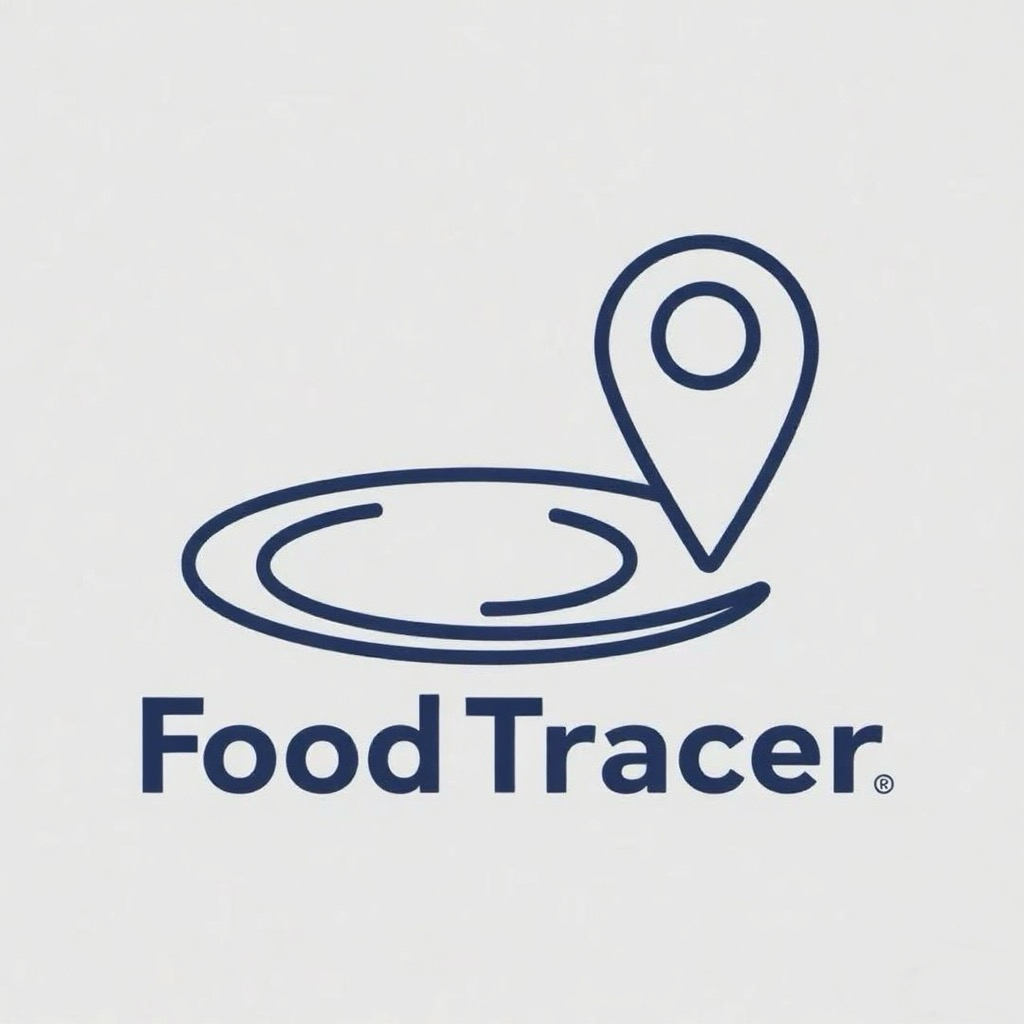Milk Powder
Detail Specification Requirements
Component
Protein ≥34%, Fat ≤1.5%, Moisture ≤4%, Lactose ≥50%
Microbial Limits
Total Plate Count ≤10,000 CFU/g, Salmonella/E. coli Negative
Additives
No antibiotics/hormone residues (FDA/EC compliant)
Suppliers Management Standards
Supplier Qualification
Must hold BRCGS/IFS Food certification with full traceability (batch no. + production date + farm origin)
Audit Frequency
Annual on-site audits + quarterly documentation reviews
Contingency
Minimum 2 backup suppliers to ensure <5% supply disruption risk
Sugar (Sucrose/Glucose)
Detail Specification Requirements
Purity
Sucrose ≥99.9%, Glucose DE Value ≥95%
Sterilization
Heat-treated (85°C/30min) + aseptic filling
Storage
Humidity ≤50%, light-proof sealed containers
Suppliers Management Standards
Supplier Preference
Bonsucro-certified sustainable mills prioritized
Testing Management
Third-party (Such as SGS) reports required per batch
Transport
Dedicated food-grade tankers at ≤25°C
Probiotic Strain
Detail Specification Requirements
Viability
Freeze-dried powder ≥1×10^11 CFU/g, recovery rate ≥90%
Purity
No microbial contamination (mold/yeast <10 CFU/g)
Stability
Viability loss <1%/month at 4°C
Suppliers Management Standards
Exclusive Supply
Directly from Yakult Central Institute, no external procurement
Cold Chain
-20°C deep-frozen transport with real-time temperature records
Contingency
Global backup strain banks (Japan/Philippines/Netherlands)
Polystyrene (Packaging)
Detail Specification Requirements
Food-Grade
Complies with FDA 21 CFR 177.1640 (total migrants ≤10mg/dm²)
Safety
BPA/phthalate-free
Eco-Friendly
♻️ recyclable
Suppliers Management Standards
Supplier Audit
ISO 14001 certification mandatory
Batch Control
Gel Permeation Chromatography (GPC) reports per batch
R&D Collaboration
Joint development of bio-based PS (target: 30% by 2030)
